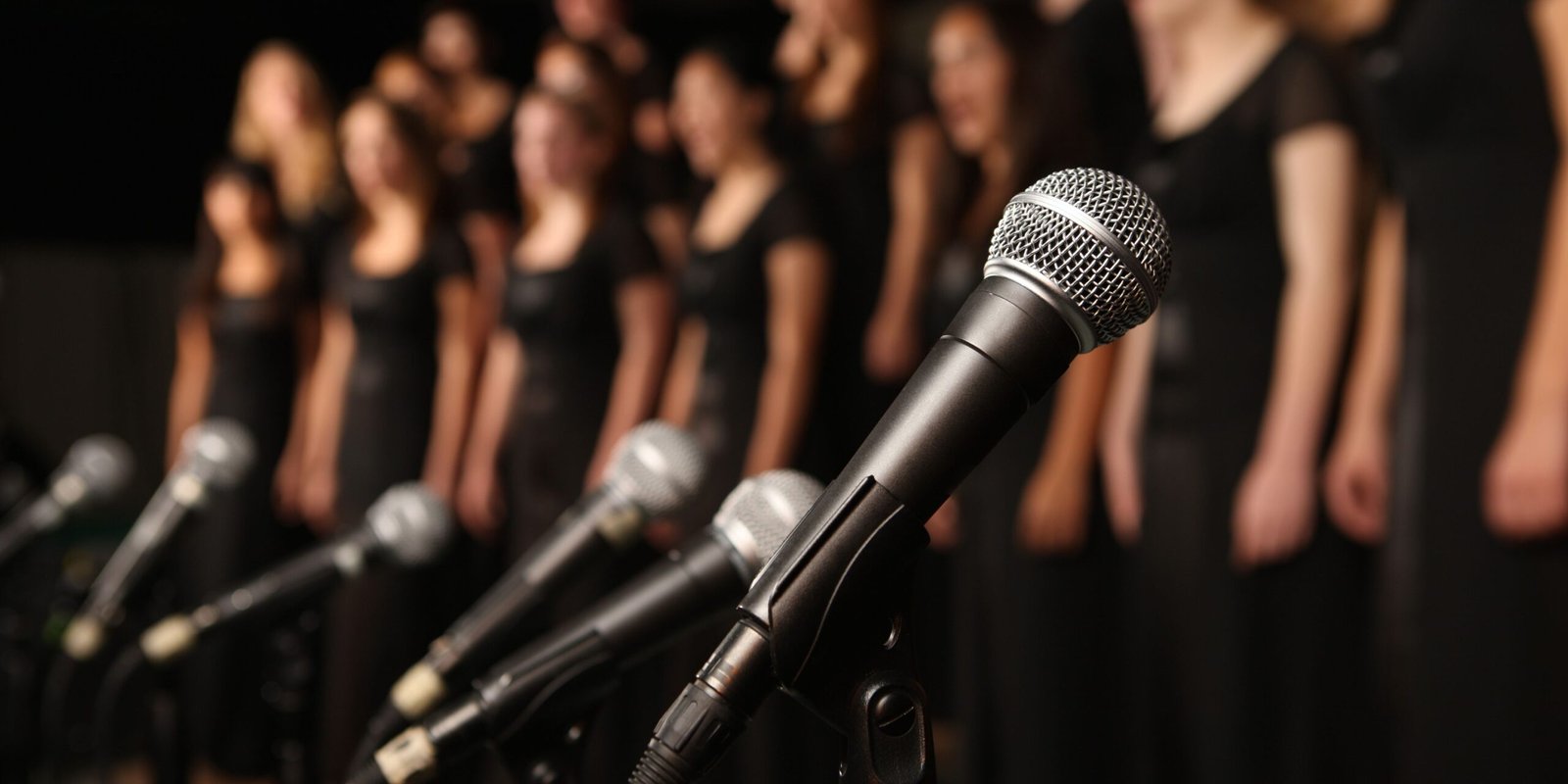Techniques for Opera Singers
June 15, 2024 2024-06-19 9:40Techniques for Opera Singers
Top Techniques for Opera Singers: Mastering Breath Control and Vocal Range
Opera singing is one of the most demanding vocal disciplines, requiring exceptional skill and precision. Among the many skills an opera singer must master, breath control and vocal range are paramount. This blog will explore the top techniques for opera singers to enhance these crucial aspects, ensuring a powerful and captivating performance.
1. The Importance of Breath Control
Breath control is the foundation of opera singing. Without it, sustaining long phrases and achieving the dynamic range required in opera would be impossible. Here are some essential techniques for opera singers to improve breath control:
Diaphragmatic Breathing: Learning to breathe from the diaphragm rather than the chest is essential. This technique involves deep inhalations that expand the diaphragm and provide better control over breath support.
Controlled Exhalation: Practicing controlled exhalation helps singers manage their breath during performances. Exercises like the “hissing” technique, where you exhale slowly and steadily while making a hissing sound, can be beneficial.
Breath Management: Effective breath management means knowing when and how much to breathe. This involves planning breaths during less demanding parts of the music to maintain stamina for more challenging sections.
2. Expanding Vocal Range
A wide vocal range allows opera singers to perform a variety of roles and adds versatility to their repertoire. Here are some key techniques for opera singers to expand their vocal range:
Vocal Warm-ups: Regular vocal warm-ups are essential. Scales, arpeggios, and sirens (gliding from the lowest to the highest note) help to gradually expand the vocal range and maintain vocal health.
Pitch Accuracy: Practice singing scales and intervals with a focus on pitch accuracy. Using a piano or a tuning app can help ensure you are hitting the right notes consistently.
Stretching Exercises: Gentle stretching of the vocal cords, such as singing in falsetto or using head voice techniques, can safely extend the range over time.
3. Combining Breath Control and Vocal Range
Mastering breath control and vocal range together can lead to more powerful and expressive performances. Here are combined techniques for opera singers to achieve this:
Phrasing Practice: Work on phrasing by combining breath control exercises with vocal range expansion. Practice singing long phrases that require smooth transitions between different vocal registers.
Dynamic Control: Use breath control to manage dynamics (loud and soft singing). This involves controlling the airflow to produce a consistent sound across the entire vocal range.
Support Exercises: Strengthening the core muscles through exercises like planks and yoga can enhance breath support, which in turn helps maintain a strong and consistent vocal tone across all ranges.
4. Additional Techniques for Opera Singers
Beyond breath control and vocal range, there are other techniques for opera singers that contribute to overall performance quality:
Resonance: Focus on resonance to produce a rich, full sound. This involves proper placement of the voice, often described as singing “in the mask,” which refers to the area around the nose and cheekbones.
Diction: Clear diction is crucial in opera to ensure the audience can understand the lyrics. Practice enunciation exercises and work with a language coach if necessary to perfect pronunciation in various languages.
Performance Practice: Regularly performing in front of an audience, even in informal settings, helps build confidence and stage presence. It also provides practical experience in managing breath control and vocal range under performance conditions.

Conclusion
Mastering the top techniques for opera singers in breath control and vocal range is essential for delivering powerful and captivating performances. By focusing on diaphragmatic breathing, controlled exhalation, and targeted vocal exercises, singers can enhance their abilities and expand their repertoire. Combining these techniques with resonance, diction, and performance practice ensures a well-rounded and skilled opera singer ready to take on the world’s stages.
If you’re passionate about opera and want to learn these techniques from experienced professionals, join us at Angels Music Academy. Our comprehensive training programs are designed to help you master the techniques for opera singers and achieve your full potential.
Related Posts
Women in Music
Music Technology
Different Roles in Opera
Best Opera Studies in India
Search
Categories






